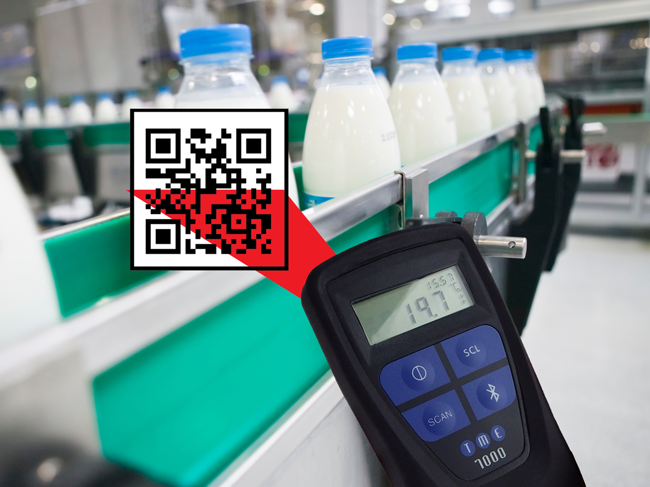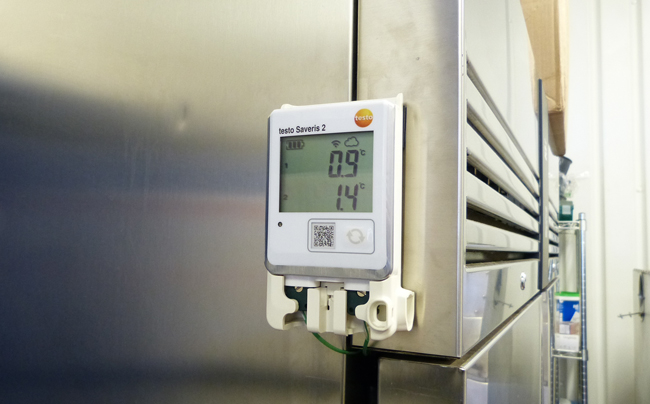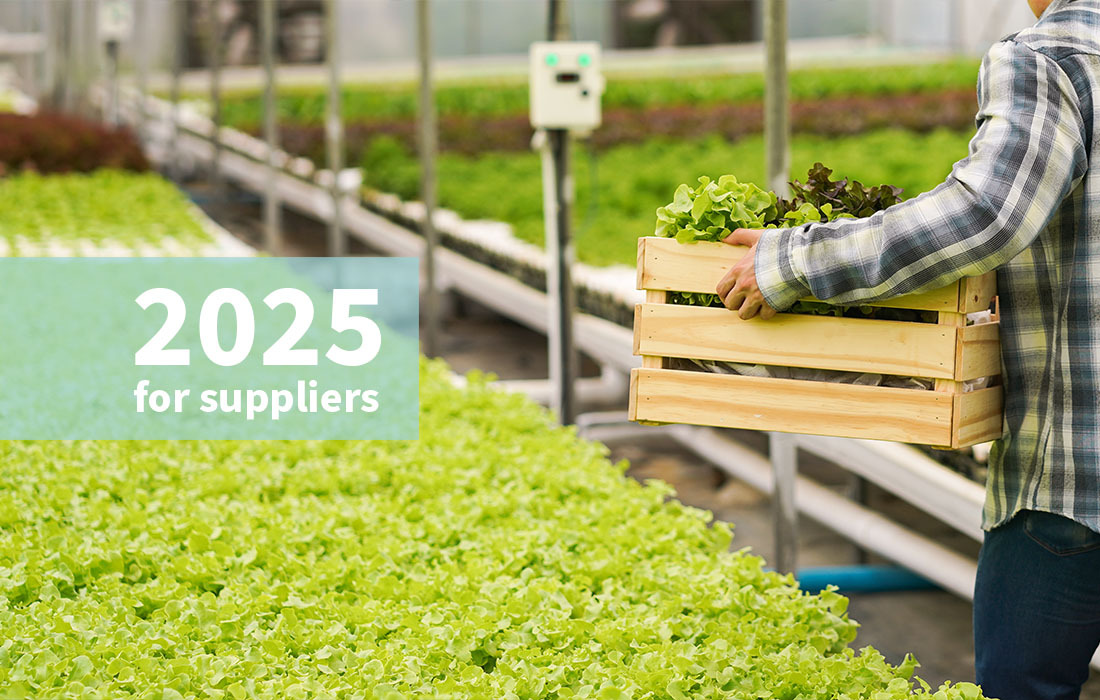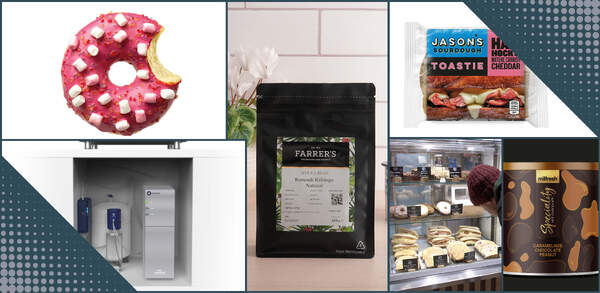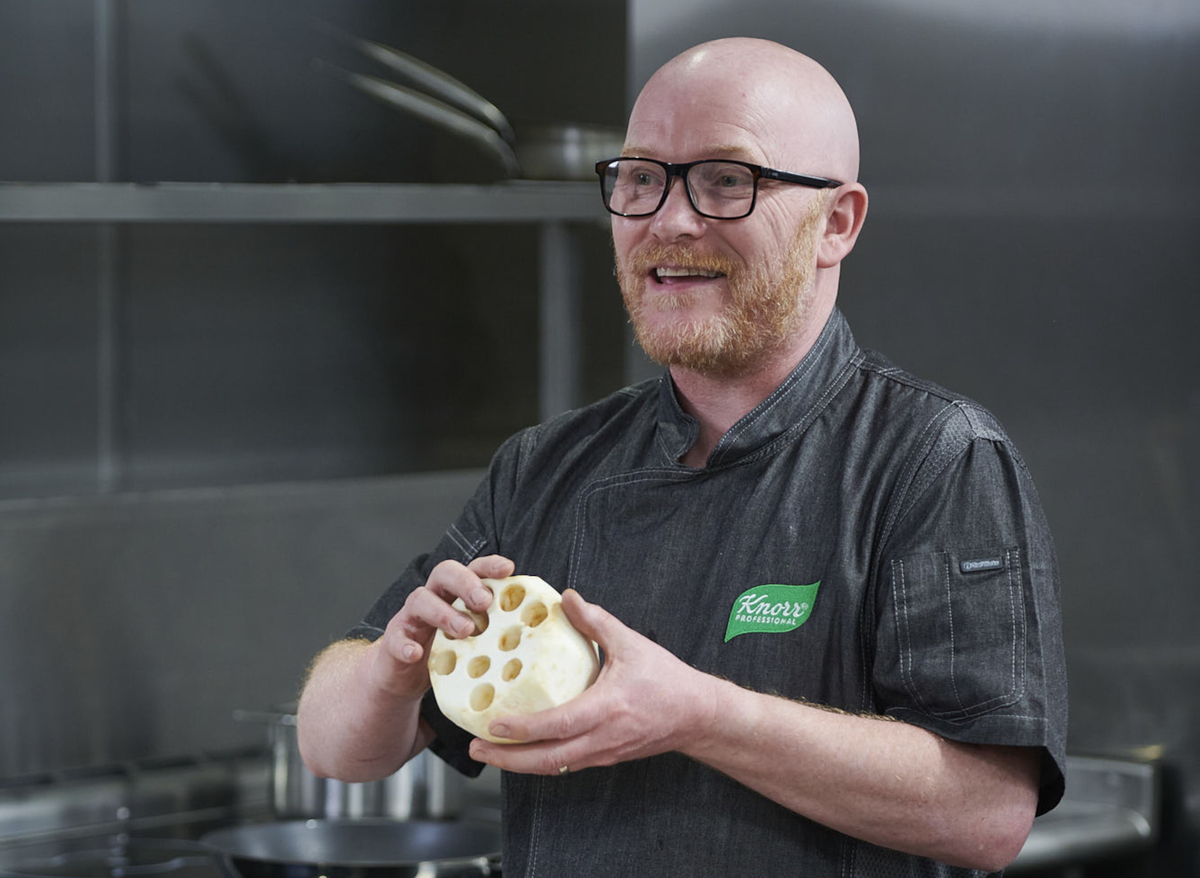Made to measure: the latest innovations in temperature monitoring solutions
Bad publicity, reputational damage, financial loss, litigation and, ultimately, business collapse â" the repercussions of shoddy food management can be devastating.
From cafés and restaurants to hotels and major foodservice operations, the perils of neglecting a system based on HACCP (hazard analysis, critical control points) principles cannot be overestimated.
Tough regulatory pressures come against a backdrop of chefs and operators being required to work to ever-tighter budgets, make kitchen efficiencies and stay on-trend with their food offer. Poor controls can also lead to unnecessary waste if, for example, a malfunctioning fridge goes unnoticed and stock is lost.
To compound matters, new research suggests consumers are acutely aware of the pitfalls of poor food storage. The Food Standards Agencyâs public attitude tracker monitors changes in consumer perceptions on food-related issues. According to its survey update, published this month, 45% of respondents reported concerns about food safety in UK restaurants, pubs, cafés and takeaways.
Salmonella (91%) and E coli (85%) were by far the most commonly known types of food poisoning, and the perceived most likely sources of food poisoning were raw chicken or turkey (79%), shellfish (55%), reheated takeÂaway food (46%) and eggs (37%).
Customers are also highly informed about official red flags when it comes to sloppy practice. The vast majority (82%) reported they were aware of hygiene standards in places they eat at or buy food from, usually via hygiene stickers/certificates and the general appearance of the premises (both 61%).
It all means that continuous monitoring of hazard points, including freezers, fridges and chilled food areas is vital for operational efficiency â" and, potentially, survival.
Be prepared
Glenn Roberts, chair of the Catering Equipment Suppliers Association (CESA), says the onus is on operators to take the lead and provide an evidential trail of activity.
âHACCP means food operators donât just need to check the temperature of the food they store, cook and serve â" they also need to be able to prove that theyâve checked it,â says Roberts. âIf a customer falls ill after eating your chicken, you need to have the paper trail to show you were duly diligent and did everything you could to ensure food safety. The trouble with paper trails is that they need to be carefully looked after and are easily compromised. Plus, they rely on staff filling them in properly.â
This is where modern digital temperature monitoring equipment comes in. Essentially there are two types: those that manufacturer built-in equipment, such as combi ovens and refrigerators, where HACCP logging is sometimes an option; and standalone monitoring sensors, which can be fitted to equipment such as fridges and bains-marie and feed data to a central system. Retro-fitting is easy with modern wireless systems.
Roberts explains: âDigital monitoring equipment will compile HACCP logs for you and let you print out copies for the environmental health officer. It will also alert relevant staff if there is an issue with food safety, such as a high temperature in a fridge. In a world where brand reputation is increasingly essential, digital temperature monitoring equipment is fast becoming essential.â
Automatic compliance
With accurate and timely HACCP reporting in mind, Comarkâs Kitchen Checks automates vital record keeping and eliminates paperwork. An app is used with a Bluetooth thermometer, such as Comarkâs BT125 Bluetooth Pocketherm, a pocket digital thermometer with a fold-out probe. The case incorporates silver ion technology for antimicrobial protection against a broad range of bacteria responsible for food-borne illness.
Temperature checks are made in the conventional way, but recordings are stored via the Comark Kitchen Checks app. The thermometer shows a digital reading at the point of measurement, while cloud technology is used to store data for reliable record keeping. The information can be accessed anywhere. âWhether you are managing a single site or a chain of restaurants or kitchens that operate round the clock, you donât have to be on site to know whatâs happening,â says a spokesperson.
Checkit provides a complete cloud-based solution. It covers everything from critical food safety compliance procedures and automated temperature monitoring to business reporting and insights, and provides managers with oversight of teams and procedures.
âThe future is here and now,â says Checkit product and marketing director David Davies. âBusinesses with lots of frontline staff canât rely on paper-based systems any more.â
Checkitâs smart dashboards create key performance indicators and visibility of trends and performance across the business. Performance can be tracked by site, team and process, and problems can be nipped in the bud.
Check your tech
Although operators are making big strides, there is still work to do in raising awareness about some key issues, says Tom Sensier, managing director at TME Thermometers.
âNearly every business we speak to understands the negative impact of a fridge or freezer breaking down, but few understand the day-to-day impact of food items being consistently delivered or stored at the wrong temperatures. For chilled food, a single degree centigrade above the recommended temperature represents one dayâs lost shelf life. Multiply that across an entire business chain and you can see whatâs at stake,â says Sensier.
However, there is still anxiety about the potential operational burden of temperature monitoring. Sensier says: âMany senior chefs and managers still report to us a resistance from their staff to taking and recording temperature spot checks for HACCP. There are many reasons: insufficient time in the middle of a busy service, insufficiently trained staff, fast staff turnover; or inadequate language, written or numeracy skills. The end result can often be mountains of manually recorded paperwork, which at best is difficult to interrogate and at worst may not be accurate.â
TMEâs handheld MM7000-2D barcode scanning solution provides an instant record of temperature, time, date and the unique identity of what has been measured. It can be used with fridges, freezers, ovens and food deliveries â" and even an individual plated meal. The âzap a barcode and move onâ concept appeals to inexperienced staff in a hurry. Barcodes can include alarms for critical temperatures with a warning message and corrective action displayed on the unit.

Housed in a case containing a Biomaster additive, which reduces bacterial growth, the Thermapen IR incorporates a motion-sensing sleep mode which automatically turns it on or off when set down or picked up. Using a calibrated digital thermometer such as a Thermapen also provides operators with peace of mind when checking core temperatures, and ensures food poisoning organisms such as E coli, salmonella and listeria are killed.
Case study: Testo and the Secret Smokehouse
The Secret Smokehouse in Hackney, which supplies fish to Michelin-starred restaurants, uses a Testo Saveris 2 system to monitor fridge and freezer temperatures.
In the past, staff monitored temperatures using a combination of spot checks with a thermometer and reading the fridge/freezer thermostats. All checks were manual, recorded with a pen and paper. Staff discovered the fridge thermostats did not always accurately display temperature readings, which dropped when doors were opened and suggested high-value produce was at risk.
In addition, there were issues with temperature deviation â" for example, due to a loss of power or a freezer door being left open. Staff would be unaware of the problem until the next check and stock could be lost.
Smokehouse owner Max Bergius wanted to simplify and automate temperature control, and he was impressed with the Testo Saveris 2, which offers the dual advantages of using cloud software and removing the need for manual measurements.
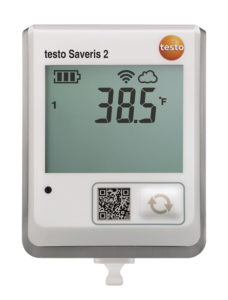
Secret Smokehouse uses four loggers to monitor three fridges and one freezer. The probe from one of the loggers spot-checks the fish once it is smoked.
Harri Walters, production manager, says: âWith the Testo system, our temperature monitoring is practically effortless and we no longer need to worry. All kitchens should invest. As a chef or food professional, the last thing you need is additional tasks.â
Suppliers
Catering Equipment Suppliers Association www.cesa.org.uk
Checkit www.checkit.net 01223 941450
Comark Instruments www.comarkinstruments.com
Electronic Temperature Instruments (ETI)Â www.etiltd.com
01903 202151 sales@etiltd.com
Testo www.testo.com/en-UK
TME Thermometers www.tmethermometers.com
sales@tmethermometers.com 01903 700651



